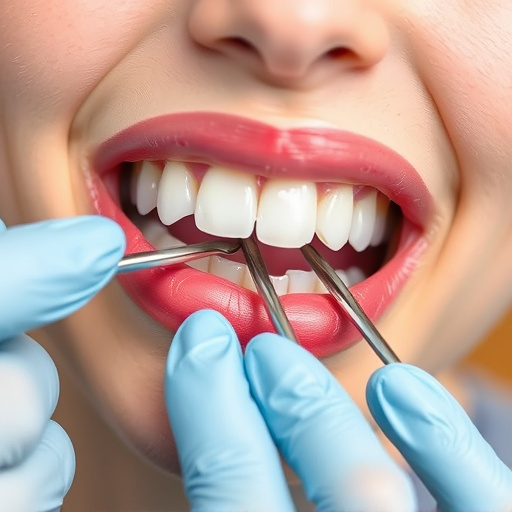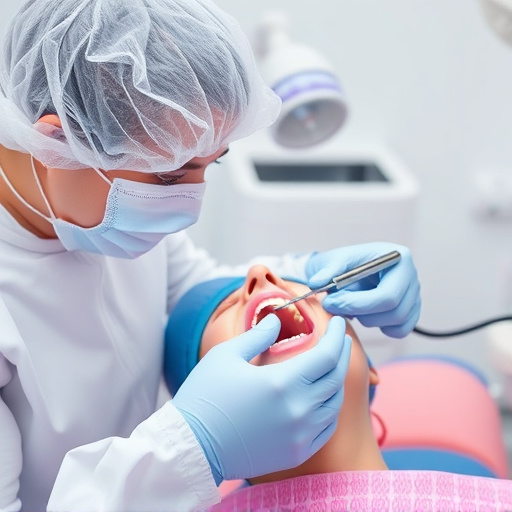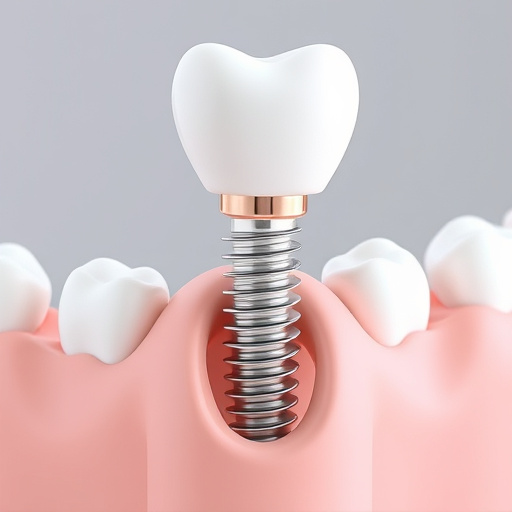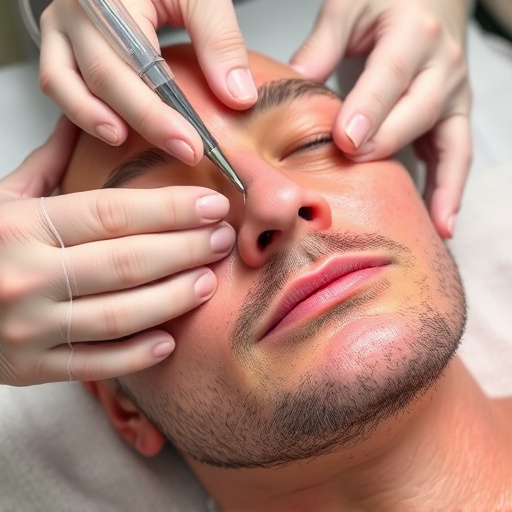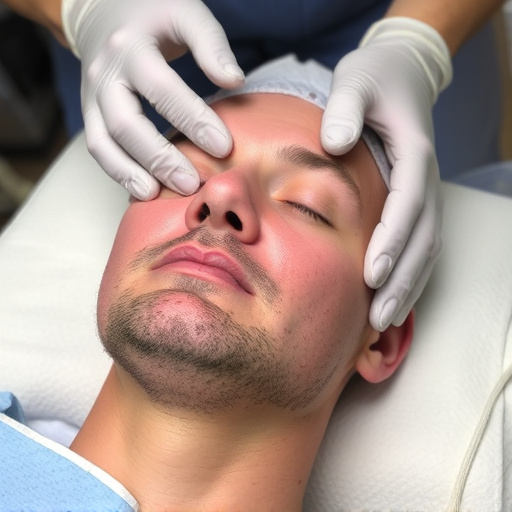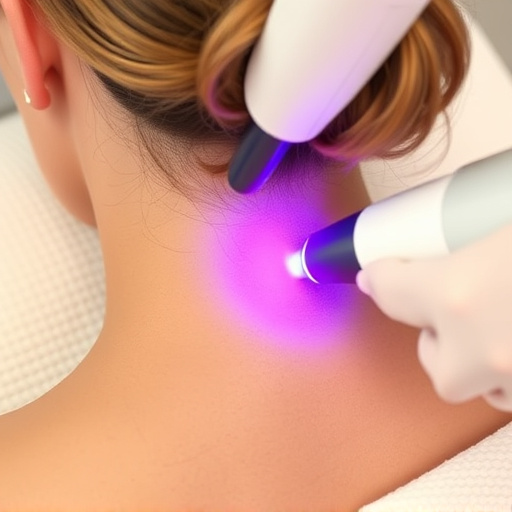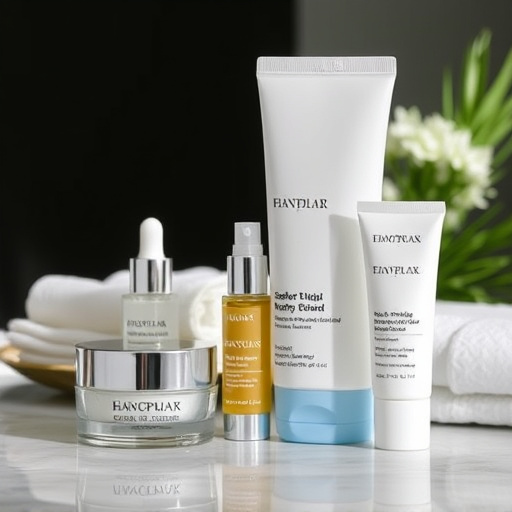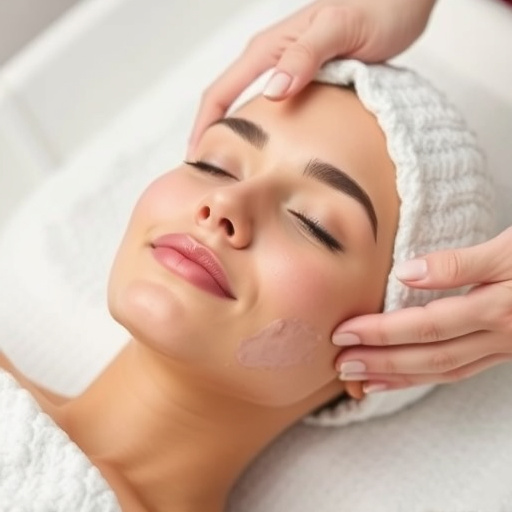Identify your eczema type to target triggers and choose appropriate products. Develop a consistent routine with gentle cleansing, moisturizing, and trigger avoidance. Incorporate moisturizers and topical treatments for symptom relief. Consistently use SPF 30+ sun protection alongside these measures for effective eczema skincare treatment.
“Uncover the best practices for managing eczema with an effective daily skincare routine. Understanding your skin’s unique needs is key; this includes recognizing triggers and exploring various types of eczema. Once armed with this knowledge, you can build a solid foundation for relief. We’ll guide you through creating a basic yet comprehensive routine, focusing on moisturizing, topical treatments, and sun protection to soothe and protect your skin. Achieve healthy, comfortable skin with these essential eczema skincare treatment tips.”
- Understanding Your Skin: Eczema Triggers and Types
- Building a Basic Skincare Routine for Daily Relief
- Incorporating Moisturizers, Topical Treatments, and Sun Protection
Understanding Your Skin: Eczema Triggers and Types

Understanding your skin’s unique needs is a crucial step in developing an effective eczema skincare treatment routine. Eczema, characterized by itchy, dry, and irritated skin, can manifest differently in various forms. The most common types include atopic dermatitis, contact dermatitis, and seborrheic dermatitis, each with distinct triggers. Atopic dermatitis, for instance, is often linked to genetic predisposition and environmental factors like allergens and irritants. Contact dermatitis, on the other hand, results from direct contact with substances like detergents or chemicals. Seborrheic dermatitis tends to affect oily areas, such as the scalp and face, and may be related to overactive sebaceous glands.
Identifying your eczema type and triggers is essential for tailoring your skincare routine. This might involve keeping a journal to track symptoms, potential irritants, and environmental factors. By understanding what exacerbates your eczema, you can avoid these triggers and choose products that provide the right balance of moisture, repair, and protection. Customized facials or hydrating facials, depending on your skin’s needs, can offer targeted treatments, enhancing your overall eczema skincare regimen.
Building a Basic Skincare Routine for Daily Relief

Creating a consistent eczema skincare treatment routine is key to managing symptoms and achieving daily relief. Start by establishing a basic skincare regimen that focuses on gentle cleansing, moisturizing, and avoiding triggers that can exacerbate the condition. Opt for mild, fragrance-free cleansers and moisturizers suitable for sensitive skin to minimize irritation. Regularly washing your face and body with lukewarm water prevents the build-up of sweat and dirt, which can cause itching and flare-ups. After cleansing, apply a hydrating moisturizer within minutes to lock in moisture and support the skin barrier function.
Remember that eczema is unique to each individual, so building a customized facial routine is essential for optimal results. Consider visiting a medical spa where professionals offer specialized treatments, including tailored facials designed to soothe inflammation and reduce dryness. Additionally, body contouring techniques can help address areas affected by eczema, providing both aesthetic and comfort benefits.
Incorporating Moisturizers, Topical Treatments, and Sun Protection

Incorporating moisturizers is a fundamental step in any eczema skincare treatment routine. These products help to replenish and maintain the skin’s natural barrier, locking in hydration and reducing dryness, itching, and flaking. Look for moisturizers that are free from fragrances, dyes, and other potential irritants, as these can exacerbate eczema symptoms. Additionally, using a moisturizer after bathing or whenever your skin feels dry can significantly enhance your eczema skincare treatment.
Topical treatments, including prescription creams and ointments, play a crucial role in managing eczema. These medications can reduce inflammation, suppress itching, and alleviate other symptoms. Corticosteroids, antihistamines, and calcineurin inhibitors are common active ingredients in topical eczema treatments. It’s important to use these products as directed by your dermatologist or healthcare provider to ensure their effectiveness and minimize potential side effects. Alongside acne treatments for associated breakouts, maintaining optimal skin health through consistent topical therapy is vital for managing eczema effectively. Furthermore, don’t forget the importance of sun protection in your daily routine. Sun exposure can trigger flare-ups, so using a broad-spectrum sunscreen with at least SPF 30 every day is essential, even on cloudy days. This step not only protects your skin from harmful UV rays but also helps prevent further irritation and skin damage.
Implementing a consistent eczema skincare treatment routine can significantly improve your skin’s health and manage symptoms effectively. By understanding your skin type, identifying triggers, and following a structured approach, you can achieve long-lasting relief. Building a basic routine that includes gentle cleansing, regular moisturizing, and the use of topical treatments is key. Additionally, incorporating sun protection is vital for eczema-prone skin, as it helps prevent further irritation. Remember, consistency is crucial; stick to your routine, track your progress, and adjust as needed to create a personalized eczema skincare treatment plan.

